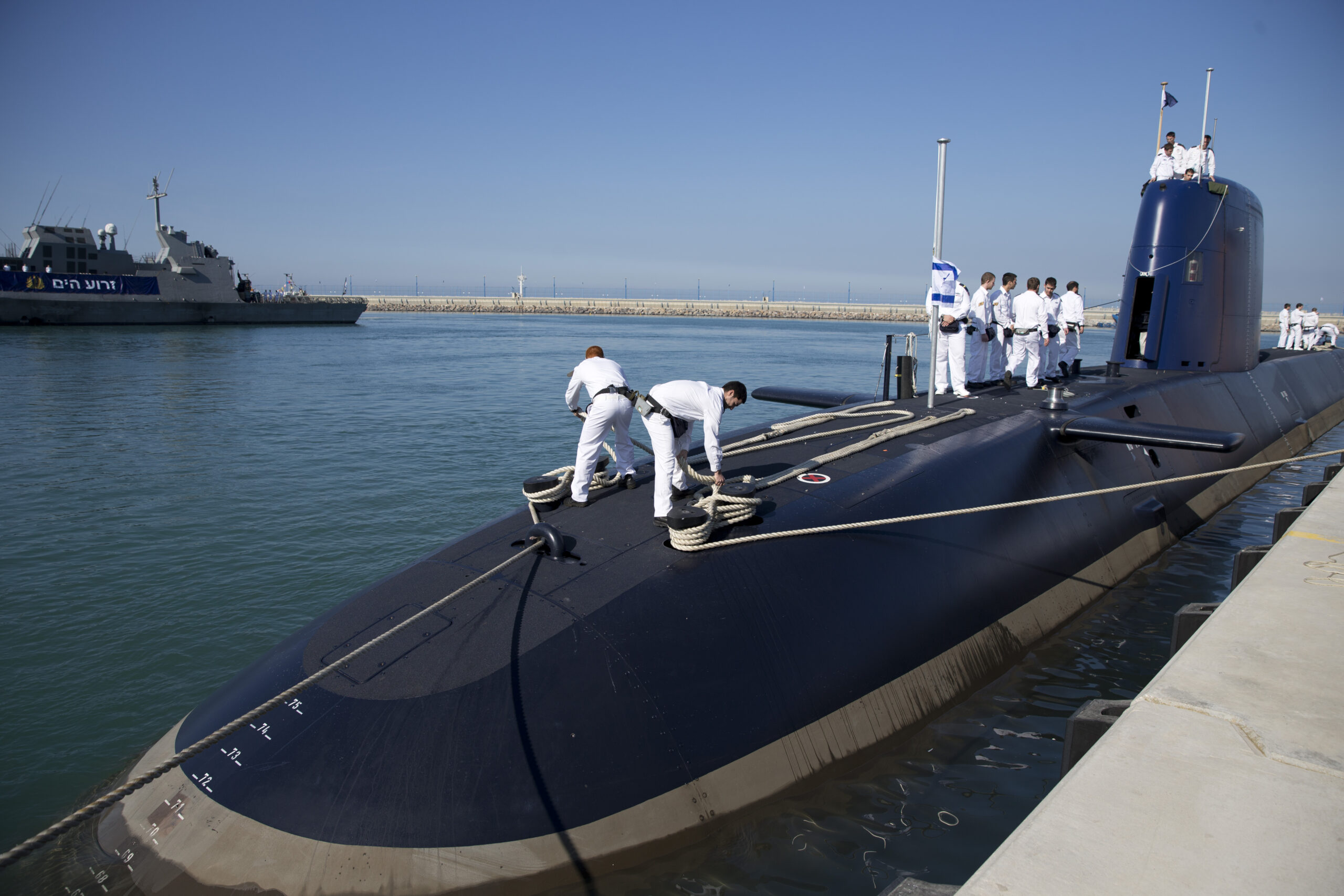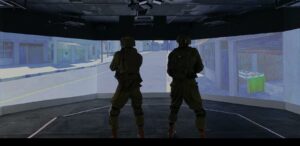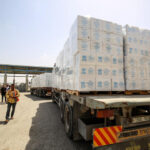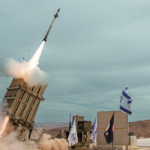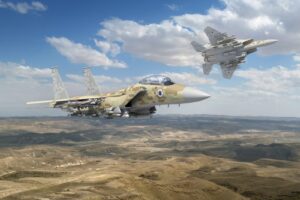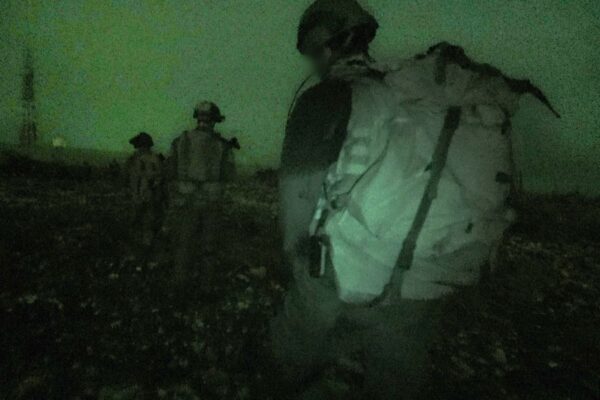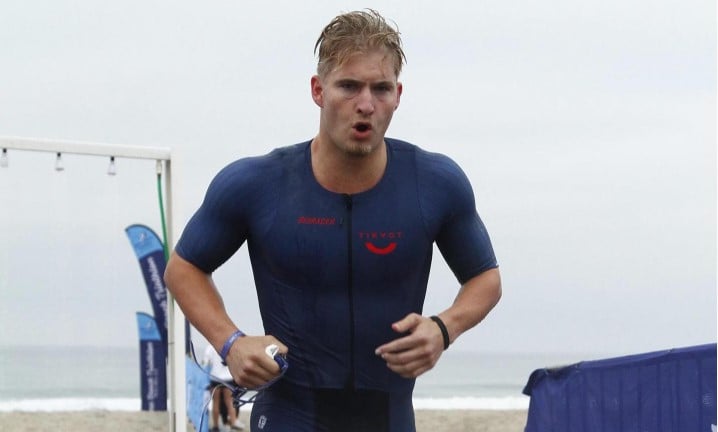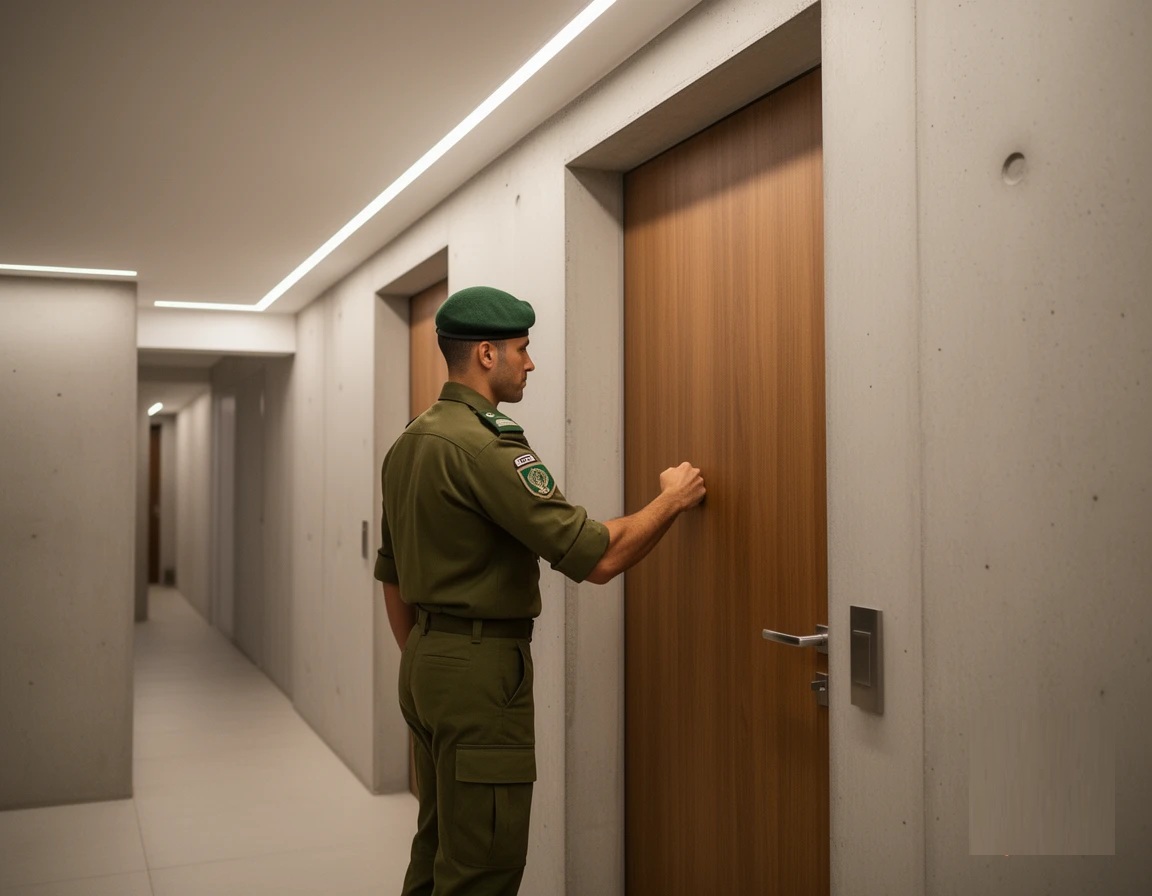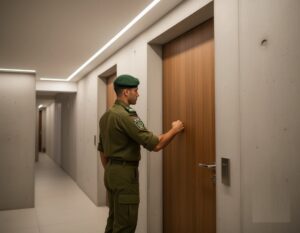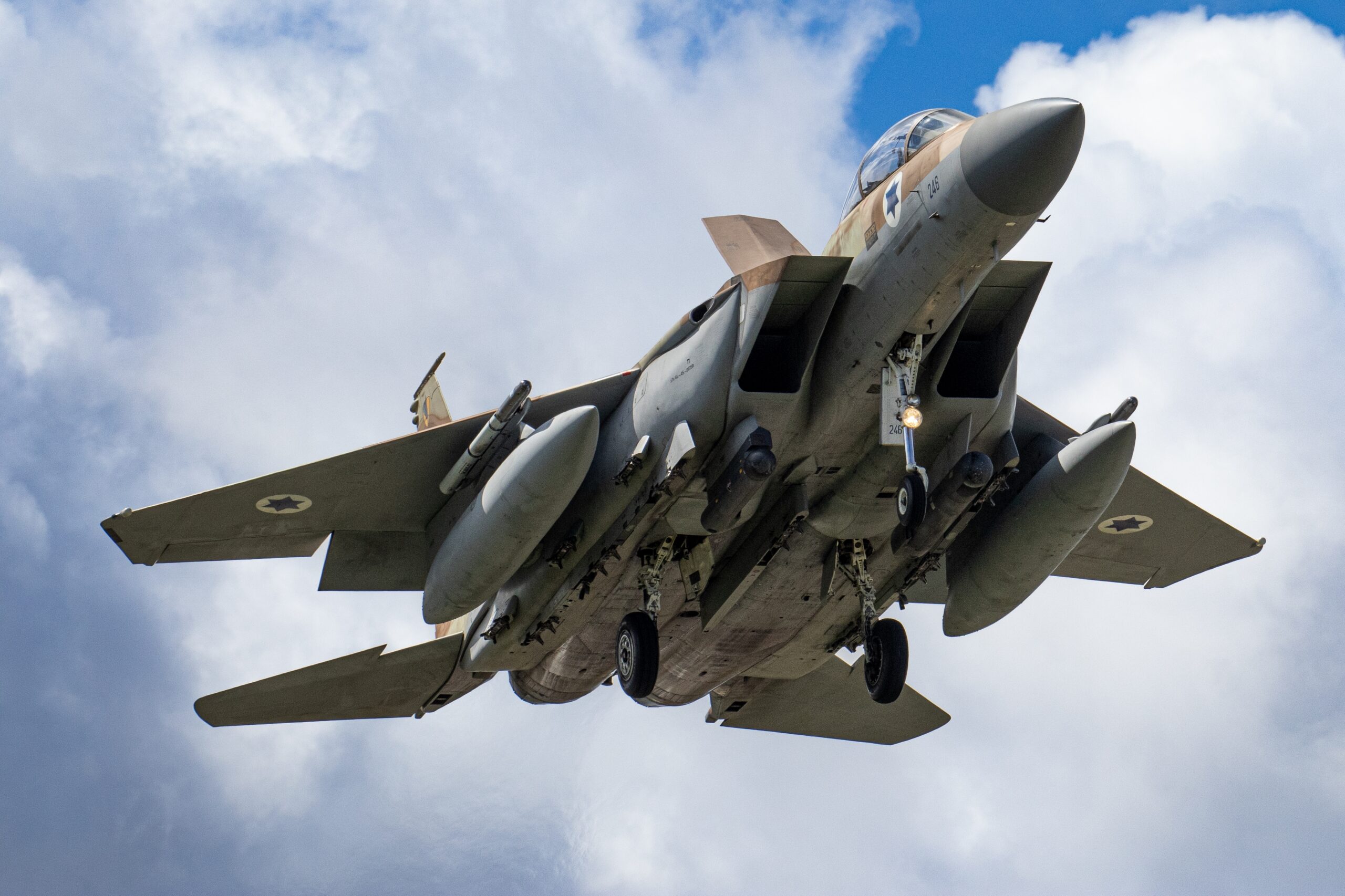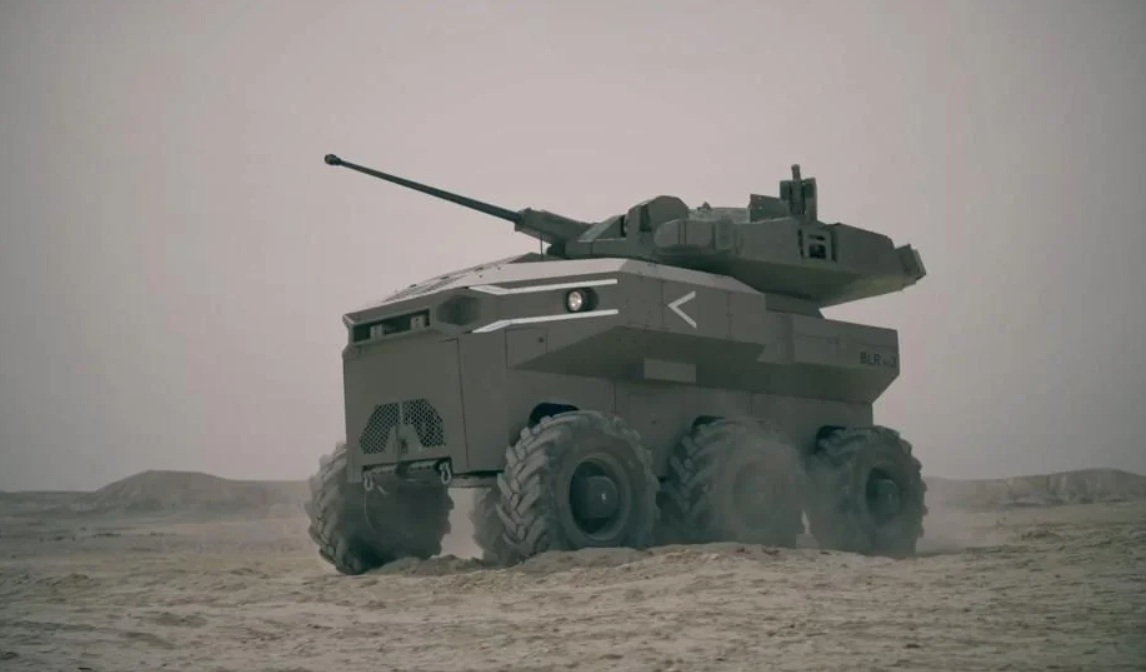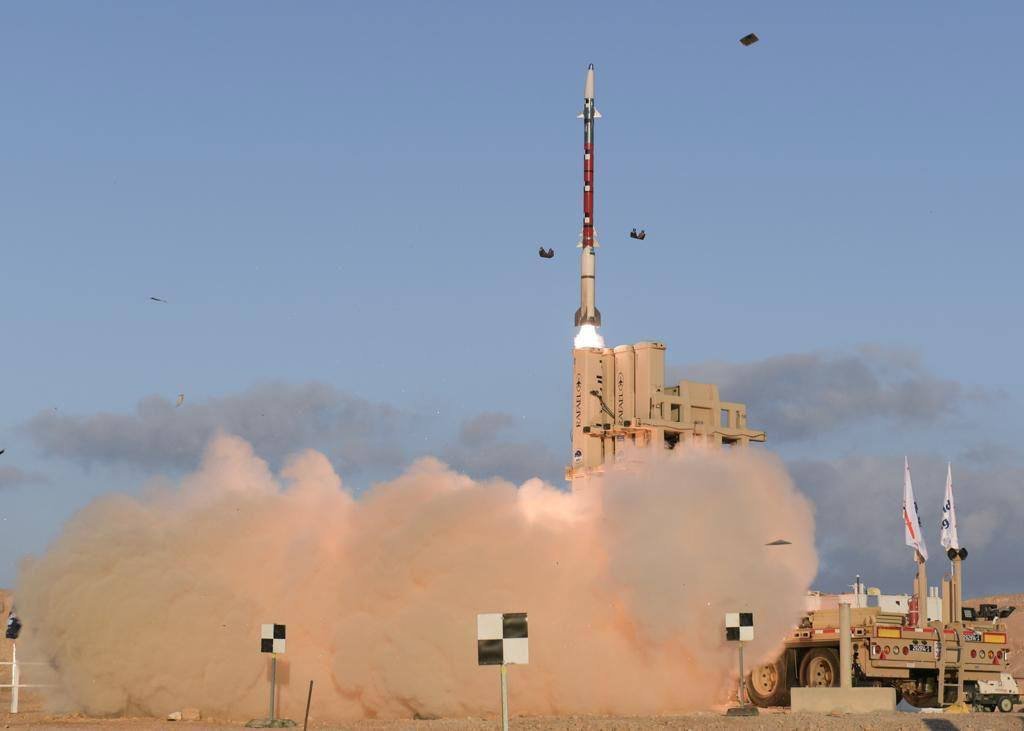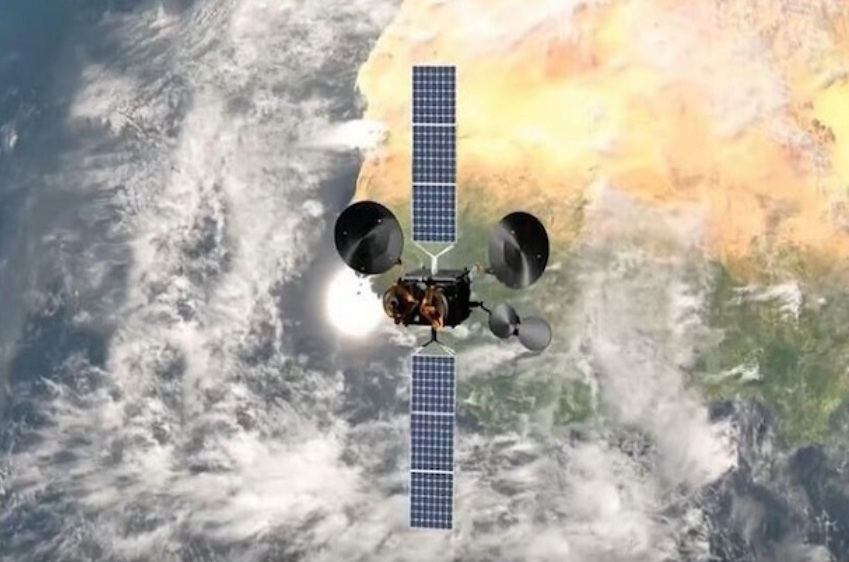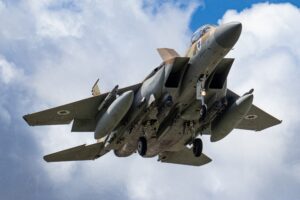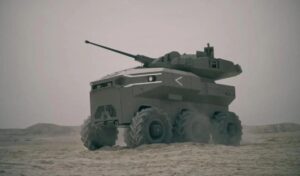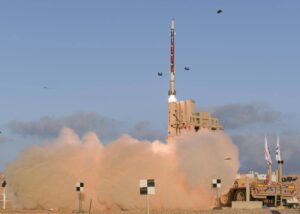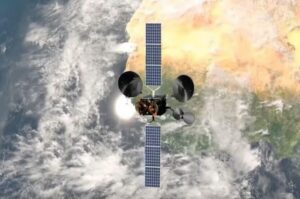Israel’s fleet includes five Dolphin-class diesel-electric submarines.
By Hezy Laing
Although modest in size, Israel’s submarine force stands among the most advanced in the world, providing a secretive yet strategically critical component of its military might.
Operated by the elite Shayetet 7 unit of the Israeli Navy and headquartered in Haifa, the fleet is anchored by German-designed Dolphin-class submarines that reflect a deep commitment to quality over quantity.
Currently, Israel fields five submarines—just a fraction compared to the United States’ fleet of around 70.
Despite ranking 22nd globally in fleet size, Israeli submarines are highly modernized, astonishingly quiet, and engineered for stealth.
They are widely believed to carry nuclear deterrents, and their design is centered around achieving regional dominance and maximum survivability.
Israel’s fleet includes five Dolphin-class diesel-electric submarines, with a sixth vessel—INS Drakon—undergoing sea trials.
These submarines fall into three distinct sub-classes: the original Dolphin-I models commissioned between 1999 and 2000; the upgraded Dolphin-II class, represented by INS Tanin and INS Rahav, commissioned between 2014 and 2015; and the newest Dolphin-II variant, INS Drakon, launched in 2023.
The latter introduces new features—including a lengthened sail that may conceal vertical launch systems for advanced missile capabilities—hinting at a transition to the forthcoming Dakar-class submarines, expected to arrive beginning in 2027.
A pivotal innovation in Israel’s newer submarines is the Air-Independent Propulsion (AIP) system.
Traditional diesel-electric subs must surface or snorkel every few days to recharge batteries, which exposes them to enemy detection.
AIP technology, especially fuel-cell systems with minimal moving parts, enables vessels to remain submerged for weeks.
This dramatically enhances stealth and survivability while reducing acoustic and thermal signatures, making sonar and infrared detection exceedingly difficult.
Extended underwater endurance also offers tactical advantages in surprise attacks, covert surveillance, mine-laying, and the deployment of naval commandos using specialized wet/dry compartments.
The strategic value of these submarines is hard to overstate.
Widely considered a cornerstone of Israel’s second-strike nuclear capability, they serve as a vital deterrent and provide the ability to operate covertly across distant waters.


